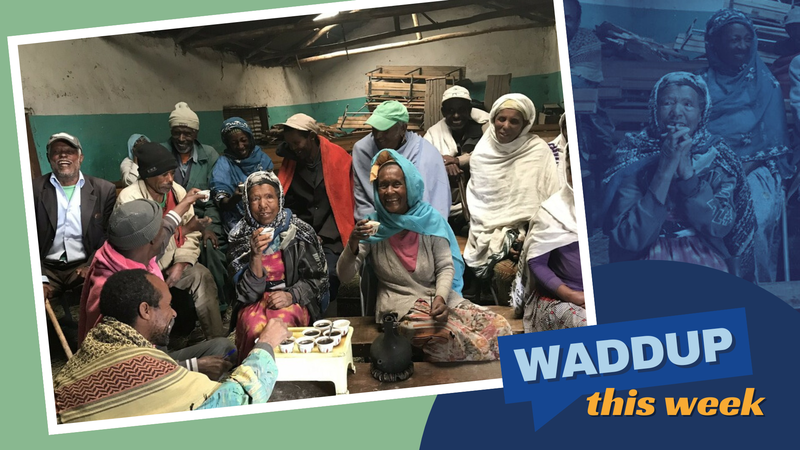Left out and left behind
Peter Waddup, CEO - The Leprosy Mission Great Britain
In last week’s edition of Waddup this Week, I wrote about the tragic repercussions the cut to UK Overseas Development Aid has had. Little did I know how timely my words would be! Last Thursday, the International Development Committee released a report on the UK's disability-inclusive development strategy. In it, they gave a damning indictment of the impact of these cuts on people with disabilities.
It was strangely encouraging to see that this report confirmed what we at The Leprosy Mission have known all along. The most left behind and marginalised people in the world - including people with disabilities - were the hardest hit by the ODA cut. It is my hope that this report now galvanises decision-makers in government and opposition into action. We must create a development budget that works for the world’s most vulnerable people!
But development spending is not the only way that people with disabilities are left out.
In our broken world, it feels like crisis is ever present. Last year, political instability threatened the operations of our hospital in Niger. In Myanmar, Cyclone Mocha destroyed an orthopaedic workshop that provided prosthetics for people with disabilities. And these are just two examples from the countries we work in. There are many more I could mention.
Throughout such crises, people with disabilities are some of the most affected. Yet cruelly they are also the most ignored. Poverty, stigma, and a lack of awareness about disability cruelly combine to leave people unable to get emergency aid. Disability inclusion cannot be the cherry on top of the global communities’ response to emergencies. It is often the very difference between life and death!
People with disabilities must be included in delivering humanitarian relief and development projects. I have met so many people affected by leprosy with disabilities who are real champions for inclusion. They are the experts in their communities. They know what their neighbours need and how to achieve change! It is a real privilege to partner with them as equals divided only by geography.

When the Foreign Commonwealth and Development Office first designed their disability inclusion strategy, it was heartening to see people with disabilities included as true collaborator. Since the strategy was launched in 2022, people with disabilities have been consulted on some UK projects. This is a step in the right direction. But we have also seen people with disabilities once again shut out of planning and delivering social change.
Many of us, me included, don’t have to fight to be included. It’s easy to take this experience for granted. The UK has committed to putting disability inclusion at the heart of its development work. Now we need to speak up and stand with people with disabilities across the world, so that this heart properly beats. Are you with me?